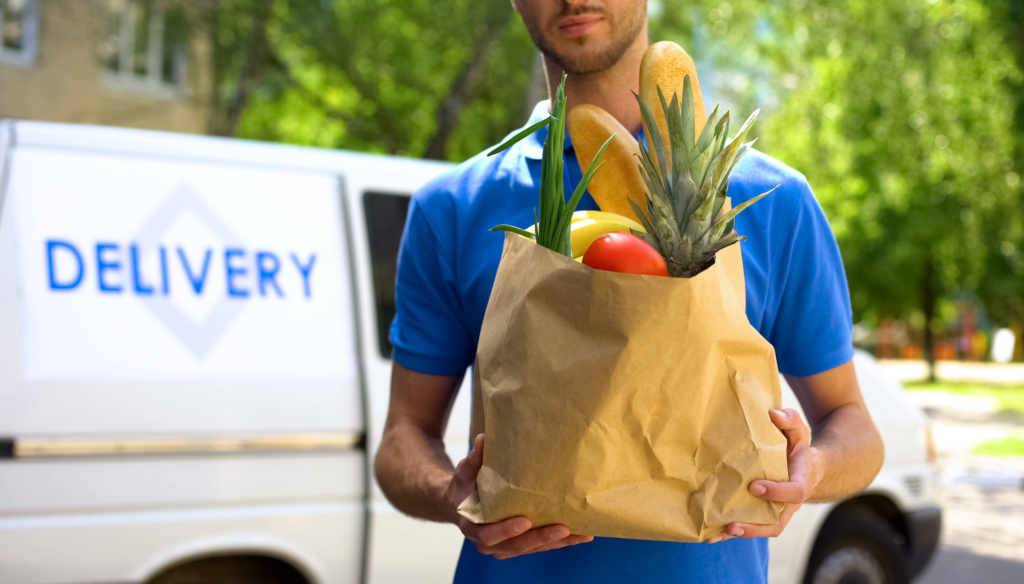
Food delivery giants DoorDash and Grubhub asked a New York state court to block implementation of a New York City rule that would raise wages for delivery workers, arguing that the regulatory process was flawed. The rule at issue would compel delivery companies to either pay workers $20 per hour they spend logged into food-delivery apps or $33 per hour spent making deliveries. The rule, which is set to take effect July 12, is the result of the New York City Council’s 2021 passage of Local Law 115, which authorized the City’s Department of Consumer and Worker Protection (“DCWP”) Bureau to study the pay and working conditions of food delivery workers and issue new minimum pay rules for the industry.
Grubhub and DoorDash accused the DCWP of neither studying the issue accurately nor applying its learnings fairly. The companies said that the rule was largely built on survey data of delivery workers that was subjective and biased. “DCWP merely swept aside all criticism of the surveys claiming without citation to any authority … that it had ‘reviewed the methodological critiques provided in comments but was not persuaded that the survey is inappropriate,” the companies said. “These conclusory statements do nothing to remedy any … systemic methodological failures.”
The companies also criticized the City’s decision to exempt companies like Instacart that primarily service grocery and convenience stores, rather than restaurants, from the new wage rule. Local Law 115 directed the DCWP to study the working conditions of all food delivery workers, the companies said, not to target specific firms or subindustries for reform.
The companies also said that the rule’s goal of compensating workers for all time spent on call, not just time spent delivering food, was irrational. In contrast to employees, who, under the Fair Labor Standards Act, are entitled to pay while waiting for work assignments, the companies said app-based delivery workers are free to work for competitors, complete personal chores or just hang out between deliveries.
“App-based workers choose to log in to petitioners’ systems entirely on their own; they are not under the platform’s control; and they have independent authority to accept, deny, or ignore offers … as they please,” the companies said. “DCWP’s attempt to analogize its rule to FLSA requirements is irrational.” The companies asked the court to immediately block the city from enforcing its wage rule, as well as completely vacate and annul it.